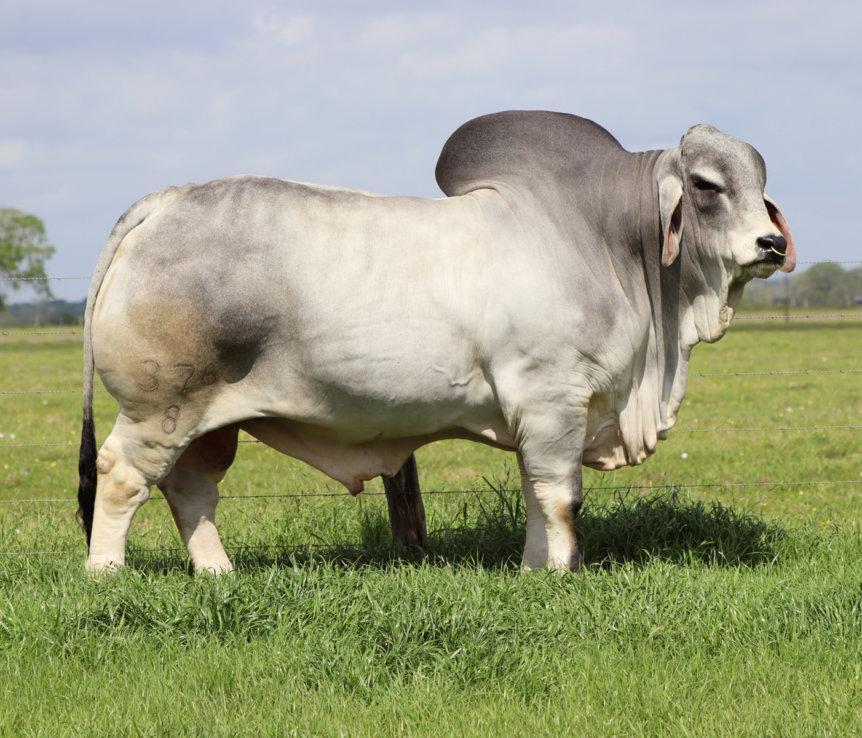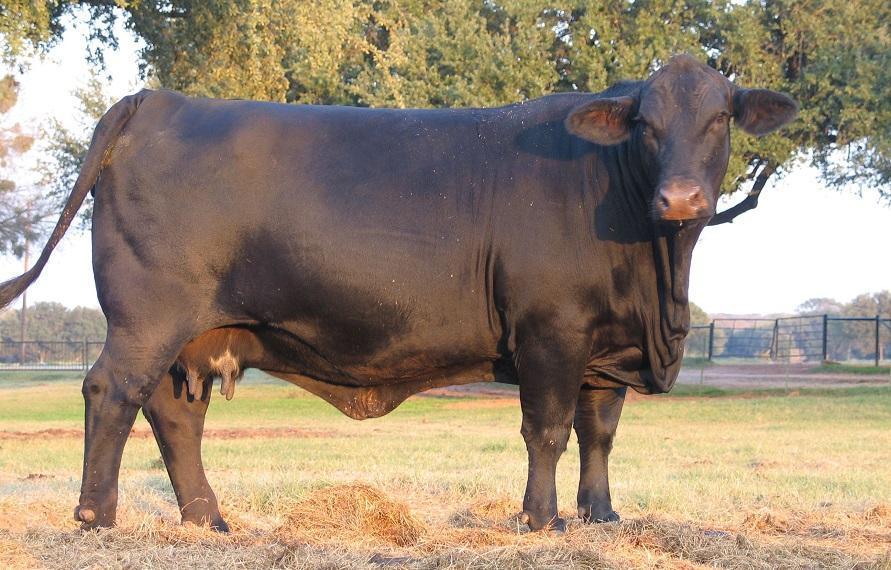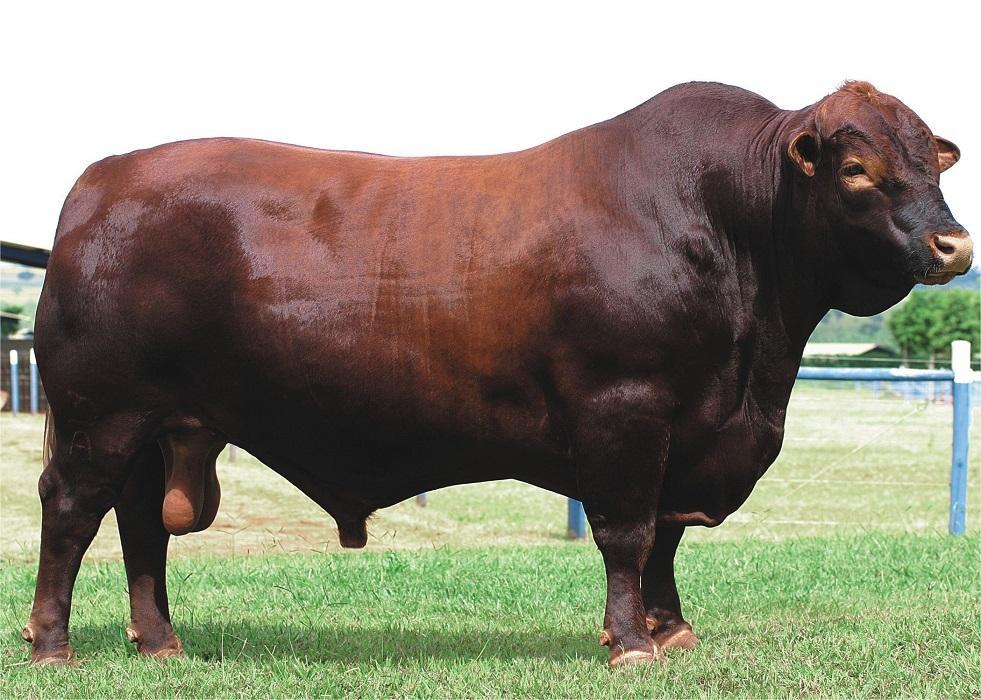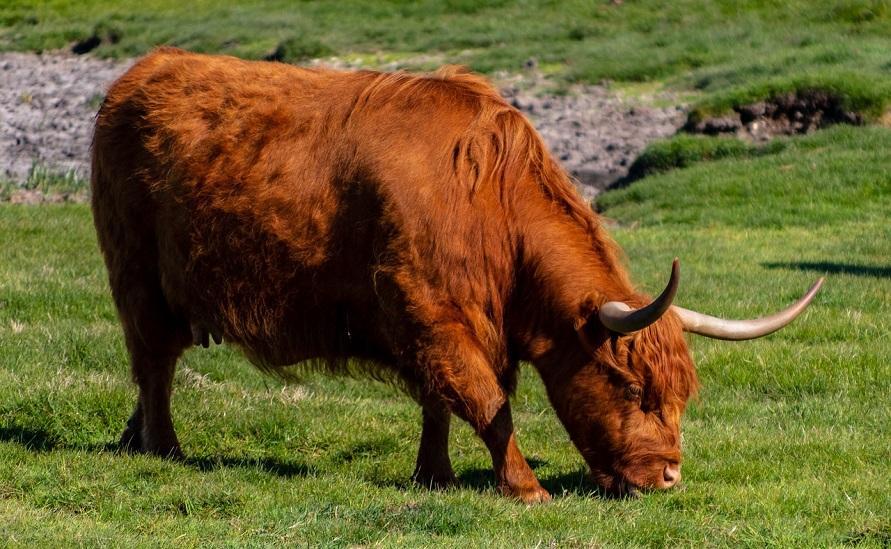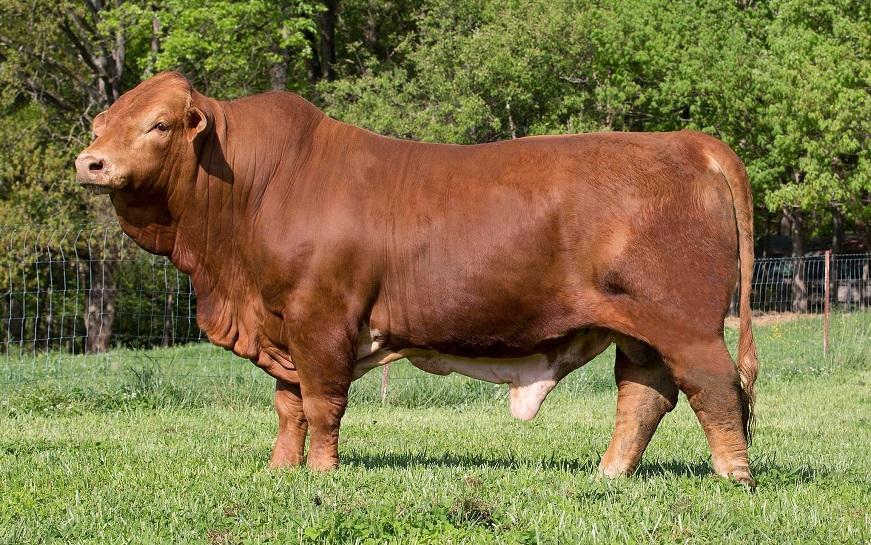Best Ducks For Eggs
Ducks are one of the four primary types of poultry raised for their eggs, alongside chickens, quails, and geese. While duck eggs are not as common as chicken eggs, they are notable for their larger size, thicker shells, and greater speckling. The yolk of a duck egg also contains more fatty acids, contributing to a richer, more flavorful taste.
List of Duck Breeds for Eggs
| Breed | Number of Eggs Laid (Annually) | Egg Color | Egg Size (in oz) |
|---|---|---|---|
| Indian Runner | 300-350 | Greenish-white | 2.3-3 |
| Magpie | 220-290 | Greenish-blue or white | 2-3 |
| Silver Appleyard | 220-270 | White | 2.5–3.7 |
| Buff Orpington | 220 | Completely white or tinted | 2.8-3 |
| Ancona | 210-280 | White, cream, or blue | 2.5–3.7 |
| Gold Star Hybrid | 200-290 | Greenish-blue or white | 2.6-3 |
| Saxony | 190-240 | White | 2.6-2.8 |
| Abacot Ranger | 180-200 | White | 2.1-2.5 |
| Muscovy | 180 | Cream | 2.7-3 |
| Khaki Campbell | 160-240 | White | 2.6-3 |
| Welsh Harlequin | 150-200 | Creamy white | 2.3-2.6 |
| American Pekin | 120-180 | Completely white or tinted | 2.1-2.8 |
| Swedish Blue | 120-180 | White, occasionally tinted blue | 2.8-3.2 |
| Cayuga | 100-150 | Initially black but becomes white later in the season | 2.3-2.8 |
| Rouen | 100-150 | White or off-white | 2.8-3.4 |
| Crested | 100-130 | White | 2.8-3.2 |
| German Pekin | 80 | Completely white or tinted | 2.1-2.8 |
FAQs
Duck eggs contain more proteins and essential vitamins, like vitamins A and B12, than chicken eggs. However, since their yolks contain more fat and cholesterol, it is usually not recommended to eat more than 2-3 a week, whereas, a healthy adult can have 1-2 chicken eggs per day.


